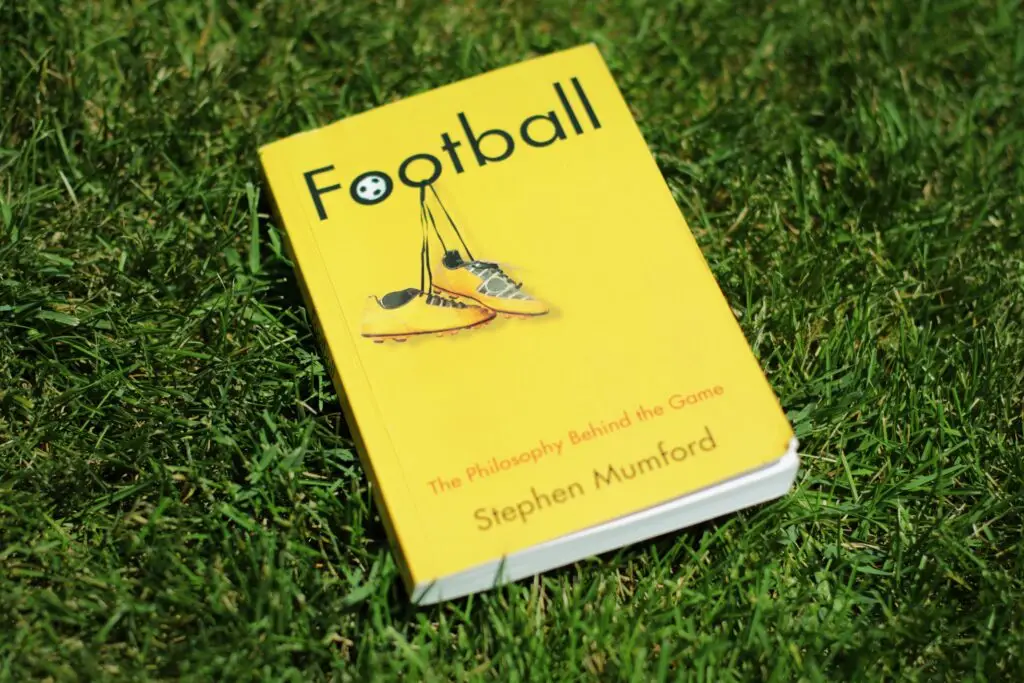In his charming little book, Stephen Mumford explores the philosophy of football (”soccer”). The book has five main chapters (the introduction excluded). Each is devoted to different philosophical aspects of the game, namely beauty, wholes, space, chance, and victory. The discussion is enlightening and the prose is clear. I enjoyed reading it very much.
When I first picked up the book I was not sure that there could be a philosophy of football. Mumford anticipated my skepticism: ”Why should philosophy be required here, since football is so simple? Part of the game’s success is that it is easy to understand” (p. 6). And throughout the book, Mumford demonstrates that the game is multilayered. Its philosophical dimension is rich, and by exploring it we seem to learn something meaningful.
For instance, Mumford discusses emergence and how the notion can help us understand the proper function of teams. ”An emergent phenomenon,” Mumford writes, ”is one that belongs to a whole and is different from all the properties of the parts of that whole and from the properties that come merely from the addition or aggregation of the parts” (pp. 55–6). Emergence can contribute to an explanation of why a team built on individual talent, instead of group dynamics, often perform worse than a team of less talented players whose styles and personalities fit well together.
I only have two critical thoughts about the book. The first is that I want more of it. It may be because I am trained in analytic philosophy and have some professional experience from it, but I sometimes found it that Mumford did not dig deep enough into the issues treated. The discussion is often cut short. However, a more detailed treatment would have rendered a longer and more complex book—and I don’t think that I would have liked that either.
My second critical thought is more substantial; there is not enough ethics in the book! I would have appreciated it if Mumford had treated value-laden topics such as picking sides, booing, and letting the best players rest for more important games. For instance, should not football players stop faking injuries? In my opinion, some of them are ruining the game! I think that the book would have gained from an independent chapter on the ethics of football.
To conclude: Read this book. If you already love football, you may love it even more after having read it. If you do not already love football, the book may help you understand what it is about the game that makes others laugh, cry, and spend too much money on beer and ill-fitting jerseys in mismatching colors. Perhaps you too will learn to love the greatest game there is.
Mumford, S. (2019). Football: The Philosophy Behind the Game. Polity Press.
